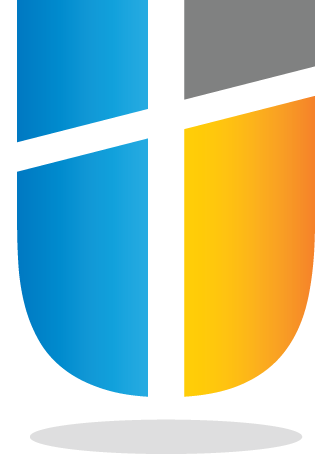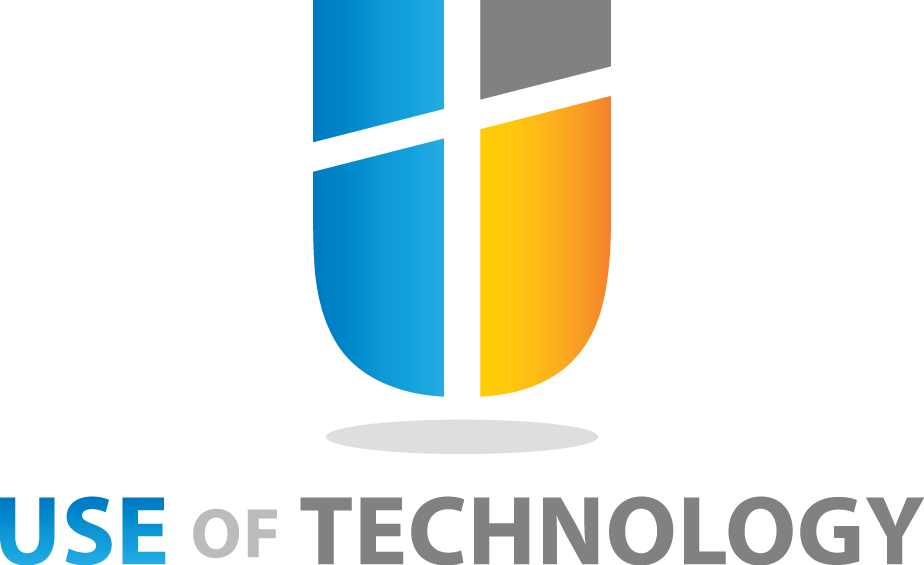These days, the Internet can feel like a dangerous place – and yes, it is to some extent. According to the IT analysts, AV-TEST, four new malicious programs are developed every second.
Recently, Kaspersky announced the theft of more than $1 billion from the European banks. In response, Barack Obama at the California summit said cybersecurity is a subject of paramount importance and we need to address this issue, we agree.
Do these stats sound scary? Well, the good news is that by exercising a handful of security measures we can greatly reduce the risks to the most common threats online while surfing the internet.
Create Hack-Proof Passwords
You might have heard this before but; it’s still one of the best ways to keep your financial and personal information secure. The more secure your password, the more difficult it will be for hackers to hack your data.
Don’t use one password for all your accounts
If you reuse your passwords, it will be easy for a hacker to attack multiple accounts and even steal our identity, with a single hack. Use a password manager that helps you to get a secure password that cannot be hacked.
For instance, you can use LastPass as a password manager, it is easy to use and stores all the difficult passwords that you won’t remember, it also generates passwords for you.
Here are some password guidelines that will help you to create a bulletproof password.
- Don’t use the same password for all your online and offline accounts.
- Do not use words or dates related to your birthday, name or something/someone close to you. The more random it is. the better.
- Build combinations of numbers, letters and special characters.
- Try to always exceed 8 characters.
- Change your passwords regularly, every few months.
- Do not share your password unless it is absolutely necessary to some one you trust. Once shared change your password at the earliest opportunity.
- Try LassPass for Free
Use Two-factor Authentication
Notably, two-factor authentication is an extra layer of security for your accounts by sending an additional code to your Smartphone via a text.
Given that, even hackers have a username and with two-factor authentication in hand, they won’t be able to hack into your account until they don’t have your phone.
Use A Firewall
Now that you have created a complex password, you should use a firewall to block unauthorized access to your Network. A firewall makes sure that devices connected to a network are secured, devices like webcams, Smart Tvs, Tablets and all IoT devices(Internet of things).
Firewalls are essential because many connected devices are not entirely secured on a network. It means that hackers can get a vulnerable entry point to infect your data or access your information. Some home routers today like those mentioned below are equiped with a a basic Firewall. However, companies like Bitdefender has made IOT focused networks easily safe!
[amazon bestseller=”wireless router with firewall” items=”4″ grid=”4″]
Clear the Cache
This process goes for all devices (home computer, office computer, and your cell phone) you use every day. Furthermore, when you use a browser (Firefox or Chrome, probably) it keeps a record of your online activities. Besides that, your browser also keeps track of your all uploads, downloads and the sites you visit.
Hackers can make good use of this info to track your accounts and what websites you frequent. Thankfully, it’s extremely easy to clean the cache. Google It!
Use a Secured Connection ( HTTPS://)
You may have noticed that the begging of our website has a little green lock and https:// before the URL. Put simply an SSL or HTTPS connections help to ensures a secure connection between a reader’s web browser and the website they are interacting with.
This is essential, adding another layer of security to all websites requesting information from you, name, credit card, address etc. Always look for https:// or a green lock before entering any personal information. It would ensure only you and the website you are on see your entered information.
Click Carefully
Its not new information but this definitely is an effective way to stay safe online. We have all been victims of clickbait and the internet is not different. Always ask yourself ‘Where does this lead’? or ‘Is this what I wanted to download’?
We need to also consider deceptive emails, hackers and snoopers gather sensitive information through a technique called phishing. If you receive an email attachment or a link from a known or unknown source, always verify the sender’s email before opening, downloading or clicking a link.
If a clicked link asks for personal information, do not enter anything until you are 100% confident you trust the website. Verify the URL, the information being asked, ensure the connection is SSL etc
Don’t Use Free Wi-Fi
When it comes to using a free Wi-Fi, we all have tried to save our data plan and switch to a Wi-Fi connection. However, public Wi-Fi hotspot is the perfect place for cybercriminals who wants to thief user’s data and steal their passwords with a key logger. Avoid public WIFI if you can!
Update Your Software
Updating software –may it be your television, phone, laptop, or computer, is an extremely important safety practice. While hackers find new techniques to infiltrate and steal your data, software companies work just as hard and quickly to come up with patches for those vulnerabilities. Now it’s up to us to install those updates!
Use A VPN Service
Having access to a Virtual Private Network (VPN) is an essential tool to keep your identity safe from prying eyes. VPN services allow you to anonymously and securely access any website, through a private network. These networks allow you to remain completely secure and private while surfing online. You can even pretend to be from another country as many vpn services route through many different country networks. Go check it out.
The Verdict
We hope you found the above pieces of advice to be helpful. However, never forsake a good anitvirus and internet security software. If you have some suggestions on how to stay safe online, don’t hesitate to write them in the comment section right below.


